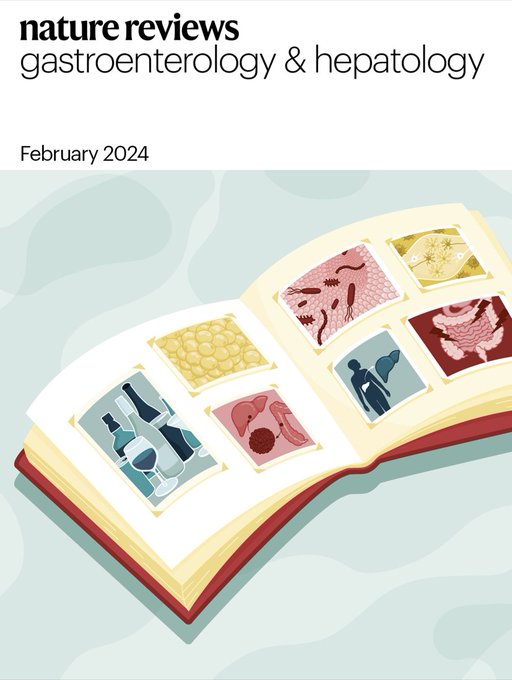肠簇细胞可作为抗损伤干细胞
IF 45.9
1区 医学
Q1 GASTROENTEROLOGY & HEPATOLOGY
引用次数: 0
摘要
黄等人(Huang et al)在《自然》(Nature)杂志上报告说,人类丛细胞的子集终生保持增殖能力,可作为损伤诱导的再生干细胞池。研究人员从单个成熟增殖的人类丛细胞中生成了包含所有人类肠道细胞类型的器官组织。与含有簇状细胞的有机体不同,缺乏簇状细胞的有机体在辐照后不会再生。虽然含有富亮氨酸重复的G蛋白偶联受体5(LGR5)的细胞是最常见的肠干细胞类型,但它们对损伤高度敏感。因此,在失去LGR5+细胞后,丛细胞可提供后备干细胞池。本文章由计算机程序翻译,如有差异,请以英文原文为准。
Intestinal tuft cells can act as injury-resistant stem cells
求助全文
通过发布文献求助,成功后即可免费获取论文全文。
去求助
来源期刊
CiteScore
52.30
自引率
0.60%
发文量
147
审稿时长
6-12 weeks
期刊介绍:
Nature Reviews Gastroenterology & Hepatology aims to serve as the leading resource for Reviews and commentaries within the scientific and medical communities it caters to. The journal strives to maintain authority, accessibility, and clarity in its published articles, which are complemented by easily understandable figures, tables, and other display items. Dedicated to providing exceptional service to authors, referees, and readers, the editorial team works diligently to maximize the usefulness and impact of each publication.
The journal encompasses a wide range of content types, including Research Highlights, News & Views, Comments, Reviews, Perspectives, and Consensus Statements, all pertinent to gastroenterologists and hepatologists. With its broad scope, Nature Reviews Gastroenterology & Hepatology ensures that its articles reach a diverse audience, aiming for the widest possible dissemination of valuable information.
Nature Reviews Gastroenterology & Hepatology is part of the Nature Reviews portfolio of journals.

 求助内容:
求助内容: 应助结果提醒方式:
应助结果提醒方式:


